Only a few days ago, President Biden was framing remarks about Israel in tones which were astoundingly critical for an American leader. For decades it has been axiomatic that there is barely a cigarette paper between Washington and Jerusalem, but Israel’s prosecution of the war in Gaza has threatened to push them apart. Biden condemned the “indiscriminate” bombing, and last week made his views unmistakable clear: “Israel has not done enough to protect civilians.”
Suddenly, though, without meaning to, it looks like the Islamic Republic of Iran may have saved Israel’s most important bilateral relationship. Last week, an Israeli air strike on Iran’s consulate in Damascus killed sixteen people, including Brigadier General Mohammad Reza Zahedi, head of the Islamic Revolutionary guard corps’s Quds force in Syria. Hamas had credited Zahedi with a “prominent role” in the atrocities of October 7, so he must have been a satisfying target for the Israeli Defense Forces.
Fist-shaking from the clerics in Tehran has reminded the United States of the broader context
Iran responded with self-righteous fury. The supreme leader, Ayatollah Ali Khamenei, promised that “the evil Zionist regime will be punished by the hands of our brave men.” Iran also notified the United Nations security council that it “reserves its legitimate and inherent right” to “respond decisively.”
The echo of America’s assassination of Qasem Soleimani in 2020 is obvious and has stung Tehran. This week, Khamenei increased the tension in a television address, equating the airstrike on the consulate with a direct action against Iran. “When they attacked our consulate area, it was like they attacked our territory. The evil regime must be punished, and it will be punished.”
This is starting to look like a misjudgment, because America’s tone towards Israel has suddenly changed markedly. President Biden promised Israel “ironclad” support against aggression from Iran, and pledged “to do all we can to protect Israel’s security.” As a reminder of the close relationship, General Michael Kurilla, head of United States central command, which covers the Middle East and central Asia, has traveled to Israel to co-ordinate military preparedness with the defense minister, Yoav Gallant, and the IDF chief of staff, General Herzi Halevi.
The principal threat is an Iranian attack with ballistic missiles, cruise missiles or drones, or a combination of all three. Ideally the United States would want to dissuade Iran from taking such a drastic step. But, if the worst happens, it will support Israel’s defensive measures such as the vaunted Iron Dome anti-missile system, which, although designed by the defense technology company Rafael in Israel, has largely been funded by the US.
Some commentators have doubted that Iran will react in such a direct and provocative way. An alternative would be to act through one of its proxies, most likely Hezbollah in southern Lebanon. It is not clear that Iran really has the strength in depth for a full-scale confrontation with Israel, and may stay its hand in order to focus on its main priority of developing a nuclear capability. But its reactions so far have already had an effect.
Families, however fractious or dysfunctional, will rally and remember the depth of their connections when faced with a crisis or external threat. Israel cannot expect the United States to now grant it complete license for its campaign in Gaza. If Israeli prime minister Benjamin Netanyahu presses on with a planned military assault on the southern Gazan city of Rafah, he can expect stern criticism from the US.
Nevertheless, Iran’s dire threats have come at an ideal time for Israel. Rarely in its history has the country been so isolated diplomatically, and the strain on its relationship with America must cause it real concern. But fist-shaking from the clerics in Tehran has reminded the United States of the broader context: Israel remains the Middle East’s only real liberal democracy, an important economic actor and bound to America by countless ties of history and past experience. Sometimes a shock to the system can leave everyone seeing matters with renewed clarity, and that seems to be exactly what Iran has accidentally achieved.
This article was originally published on The Spectator’s UK website.



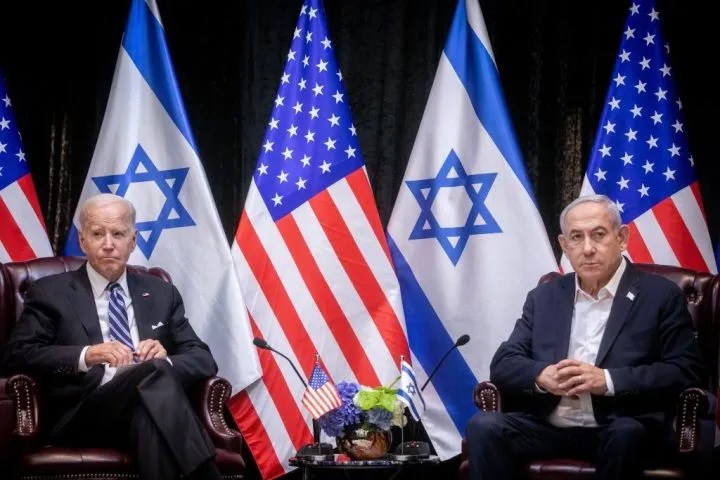






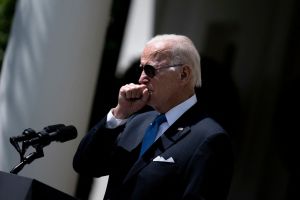

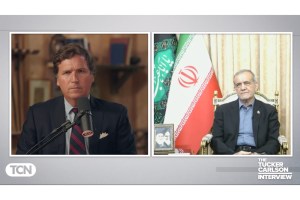


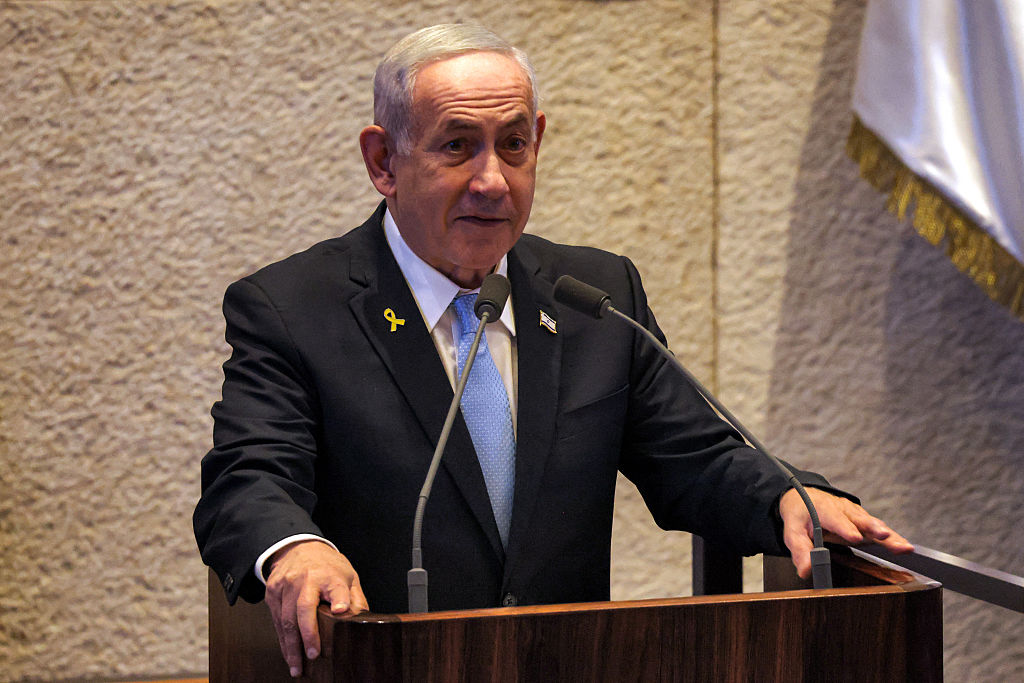
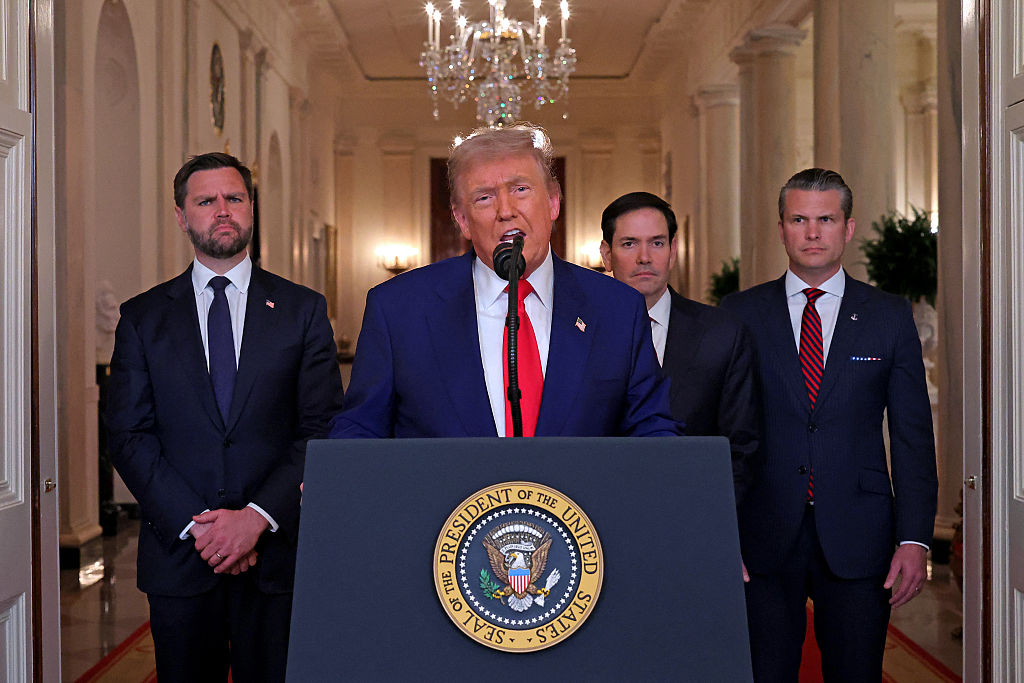









Leave a Reply